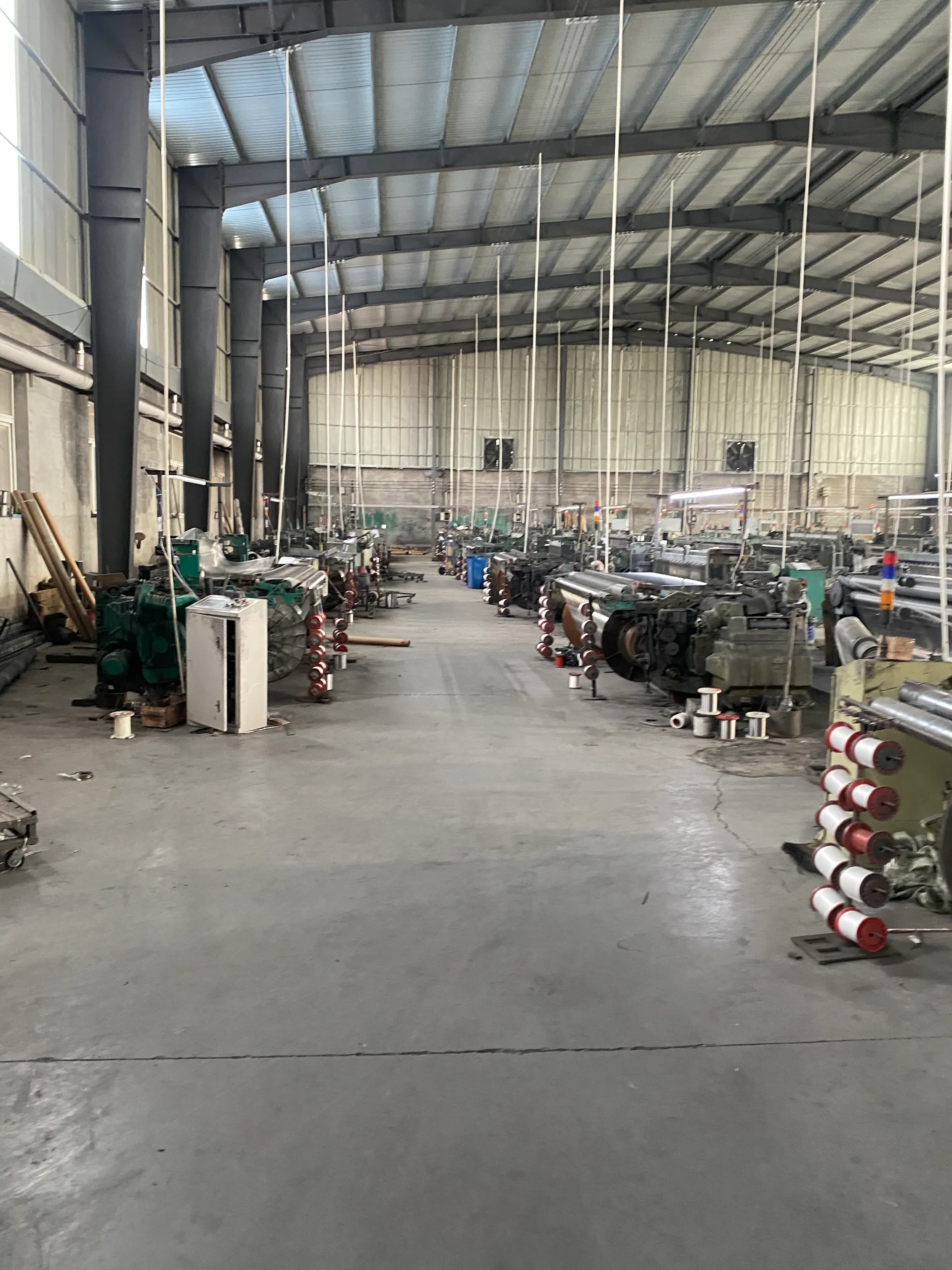-
 Afrikaans
Afrikaans -
 Albanian
Albanian -
 Amharic
Amharic -
 Arabic
Arabic -
 Armenian
Armenian -
 Azerbaijani
Azerbaijani -
 Basque
Basque -
 Belarusian
Belarusian -
 Bengali
Bengali -
 Bosnian
Bosnian -
 Bulgarian
Bulgarian -
 Catalan
Catalan -
 Cebuano
Cebuano -
 China
China -
 Corsican
Corsican -
 Croatian
Croatian -
 Czech
Czech -
 Danish
Danish -
 Dutch
Dutch -
 English
English -
 Esperanto
Esperanto -
 Estonian
Estonian -
 Finnish
Finnish -
 French
French -
 Frisian
Frisian -
 Galician
Galician -
 Georgian
Georgian -
 German
German -
 Greek
Greek -
 Gujarati
Gujarati -
 Haitian Creole
Haitian Creole -
 hausa
hausa -
 hawaiian
hawaiian -
 Hebrew
Hebrew -
 Hindi
Hindi -
 Miao
Miao -
 Hungarian
Hungarian -
 Icelandic
Icelandic -
 igbo
igbo -
 Indonesian
Indonesian -
 irish
irish -
 Italian
Italian -
 Japanese
Japanese -
 Javanese
Javanese -
 Kannada
Kannada -
 kazakh
kazakh -
 Khmer
Khmer -
 Rwandese
Rwandese -
 Korean
Korean -
 Kurdish
Kurdish -
 Kyrgyz
Kyrgyz -
 Lao
Lao -
 Latin
Latin -
 Latvian
Latvian -
 Lithuanian
Lithuanian -
 Luxembourgish
Luxembourgish -
 Macedonian
Macedonian -
 Malgashi
Malgashi -
 Malay
Malay -
 Malayalam
Malayalam -
 Maltese
Maltese -
 Maori
Maori -
 Marathi
Marathi -
 Mongolian
Mongolian -
 Myanmar
Myanmar -
 Nepali
Nepali -
 Norwegian
Norwegian -
 Norwegian
Norwegian -
 Occitan
Occitan -
 Pashto
Pashto -
 Persian
Persian -
 Polish
Polish -
 Portuguese
Portuguese -
 Punjabi
Punjabi -
 Romanian
Romanian -
 Russian
Russian -
 Samoan
Samoan -
 Scottish Gaelic
Scottish Gaelic -
 Serbian
Serbian -
 Sesotho
Sesotho -
 Shona
Shona -
 Sindhi
Sindhi -
 Sinhala
Sinhala -
 Slovak
Slovak -
 Slovenian
Slovenian -
 Somali
Somali -
 Spanish
Spanish -
 Sundanese
Sundanese -
 Swahili
Swahili -
 Swedish
Swedish -
 Tagalog
Tagalog -
 Tajik
Tajik -
 Tamil
Tamil -
 Tatar
Tatar -
 Telugu
Telugu -
 Thai
Thai -
 Turkish
Turkish -
 Turkmen
Turkmen -
 Ukrainian
Ukrainian -
 Urdu
Urdu -
 Uighur
Uighur -
 Uzbek
Uzbek -
 Vietnamese
Vietnamese -
 Welsh
Welsh -
 Bantu
Bantu -
 Yiddish
Yiddish -
 Yoruba
Yoruba -
 Zulu
Zulu
Versatile Soft Packaging Solutions for Convenient Transportation and Storage
The Versatility and Sustainability of Flexible Container Bags
In today's fast-paced world, packaging solutions need to be innovative, efficient, and environmentally friendly. Among the various options available, flexible container bags emerge as a leading choice for many businesses. These versatile and adaptable packaging solutions are not only cost-effective but also play a significant role in reducing environmental impact. In this article, we will explore the numerous benefits and applications of flexible container bags, highlighting their importance in modern packaging.
What are Flexible Container Bags?
Flexible container bags, often referred to as FIBCs (Flexible Intermediate Bulk Containers), are large bags made from flexible materials such as woven polypropylene. They are designed to hold and transport bulk materials, making them an ideal choice for industries ranging from agriculture and food processing to chemicals and construction. With their ability to carry heavy loads—typically ranging from 500 to 3,000 kilograms—these bags have revolutionized the way bulk materials are stored and transported.
Advantages of Flexible Container Bags
1. Cost-Effectiveness One of the primary benefits of using flexible container bags is their cost-effectiveness. They have a lower initial purchase price compared to rigid containers and can save companies money on storage and shipping costs due to their lightweight nature. Being foldable, they take up less space when empty, reducing storage costs significantly.
2. Durability and Strength Flexible container bags are designed to withstand harsh conditions. They possess high tensile strength, making them resistant to tears and punctures. This durability ensures that the contents remain safe during transport and storage.
3. Versatility Flexible container bags are suitable for a wide range of products, including grains, powders, granules, and even liquids. Their adaptability means that they can be customized to match the specific needs of the product being stored or transported. Different sizes, designs, and closure mechanisms ensure that there is a suitable option for every application.
flexible container bag

4. Sustainability In an age where sustainability is paramount, flexible container bags stand out as an environmentally friendly option. Many manufacturers offer bags made from recyclable materials, reducing the overall carbon footprint of packaging. Additionally, the reusability of these bags contributes to waste reduction in various industries.
5. Ease of Handling Flexible container bags are lightweight and easy to handle. They can be loaded and unloaded efficiently using forklifts or other handling equipment. Some designs also include features like lifting loops, making them even easier to move around.
6. Minimized Risk of Contamination Flexible container bags can be sealed tightly, minimizing exposure to external elements and reducing the risk of contamination. This is particularly important in industries like food processing, where hygiene is a top priority.
Applications of Flexible Container Bags
Flexible container bags are utilized across various sectors. In agriculture, they are perfect for storing grains or seeds in bulk. The chemical industry often uses them for transporting powdered substances safely. They are also commonly found in the construction industry for carrying sand, gravel, and other aggregates. Furthermore, these bags are gaining popularity in the food industry for packaging products like sugar, flour, and other bulk materials.
Conclusion
Flexible container bags represent a crucial innovation in the world of packaging. Their combination of strength, versatility, and sustainability makes them an ideal choice for businesses looking to optimize their operations while also contributing to environmental conservation. As industries continue to evolve and the demand for sustainable solutions increases, flexible container bags are sure to play an even more significant role in the future of packaging. Embracing these bags not only benefits individual businesses but also contributes positively to the planet, making them a win-win solution for all.
-
Why Construction Steel Mesh is the Backbone of Modern InfrastructureNewsJun.27,2025
-
The Ultimate Solution for Versatile Industrial and Consumer ApplicationsNewsJun.27,2025
-
Smart Breeding Starts Here: The Ideal Breeder Net for GuppiesNewsJun.27,2025
-
Maximize Your Harvest with Smart NetNewsJun.27,2025
-
High-Performance Steel Mesh Solutions for Modern IndustryNewsJun.27,2025
-
Durable Solutions for Modern Agriculture and LandscapingNewsJun.27,2025











